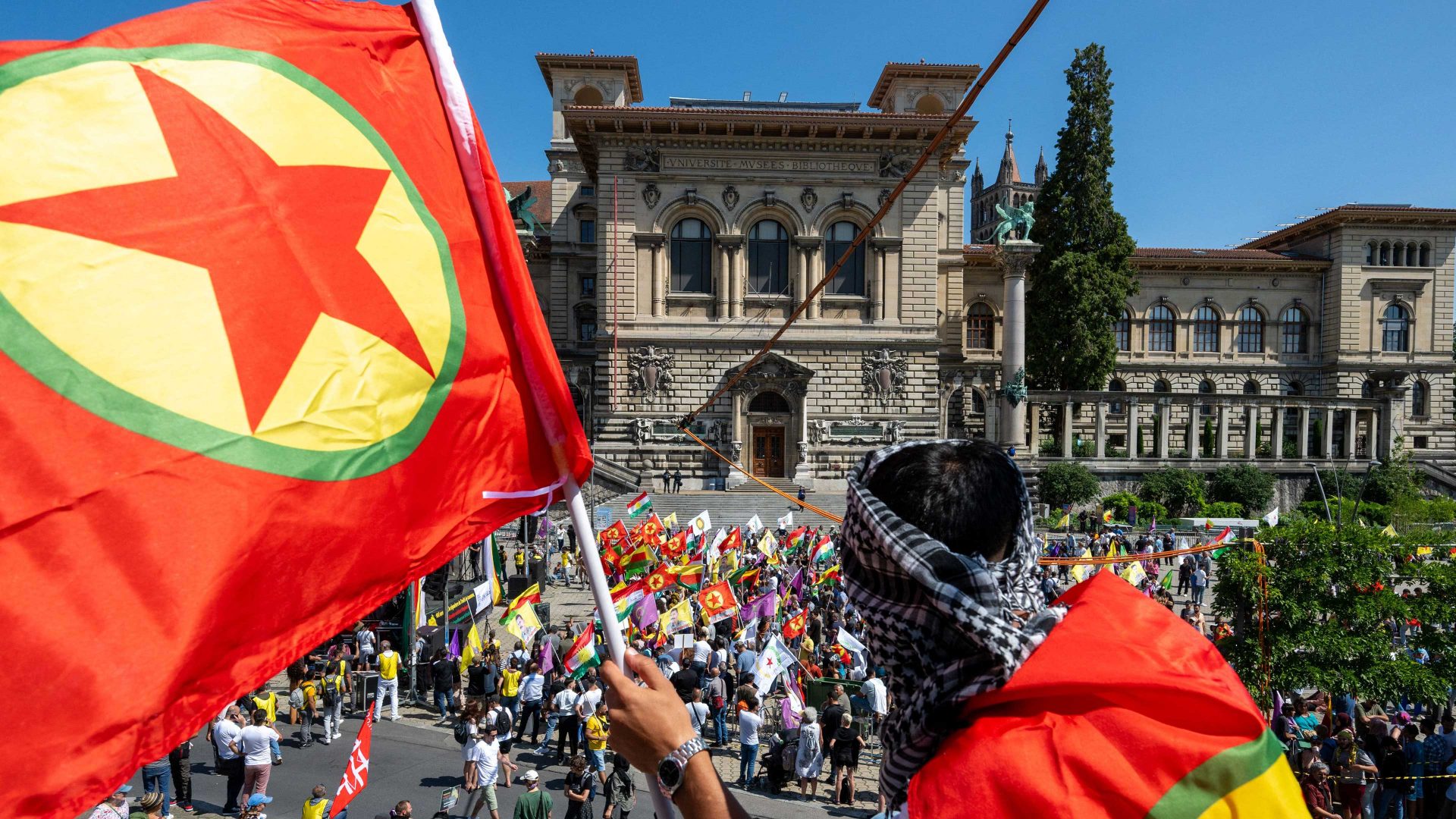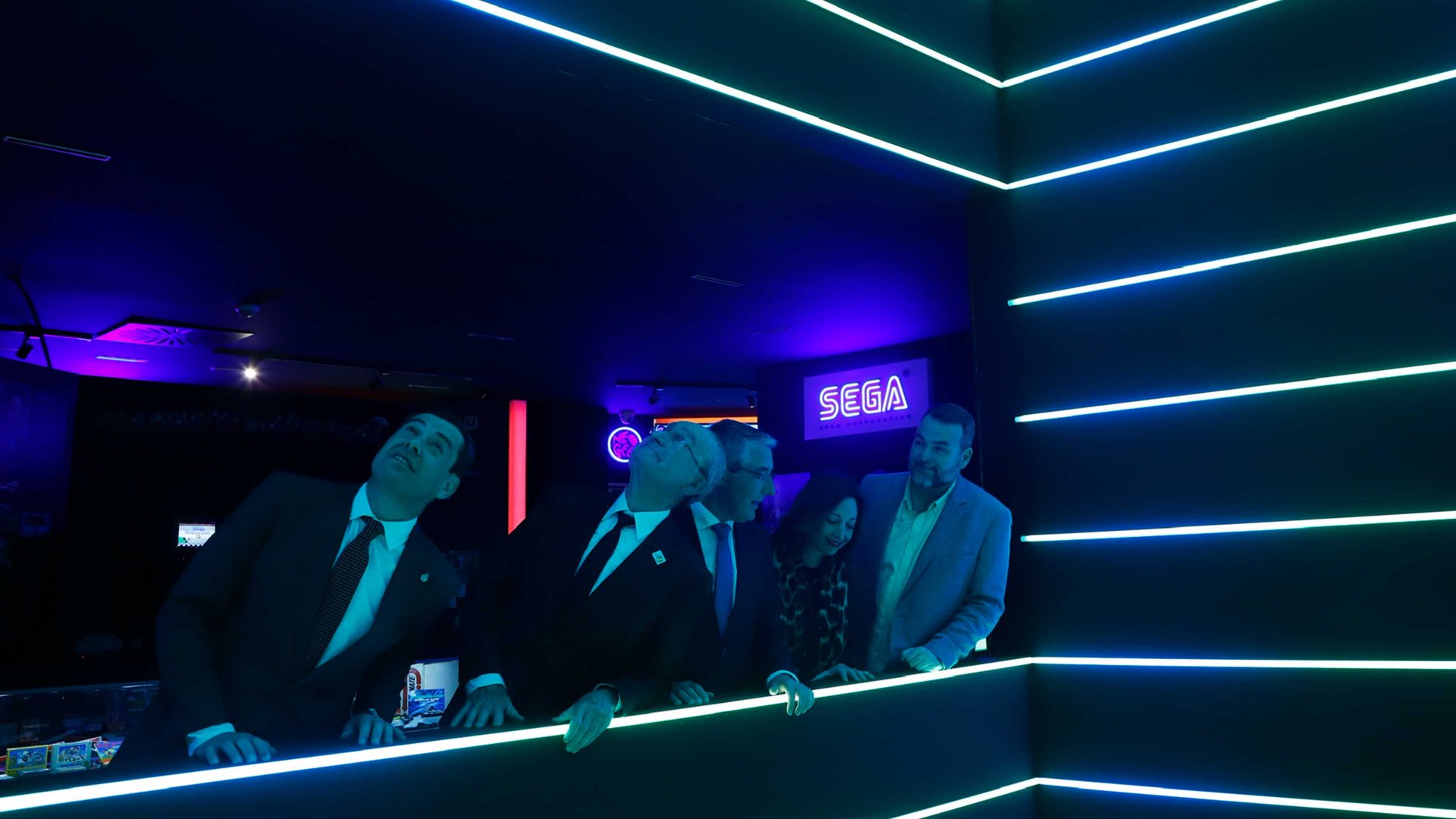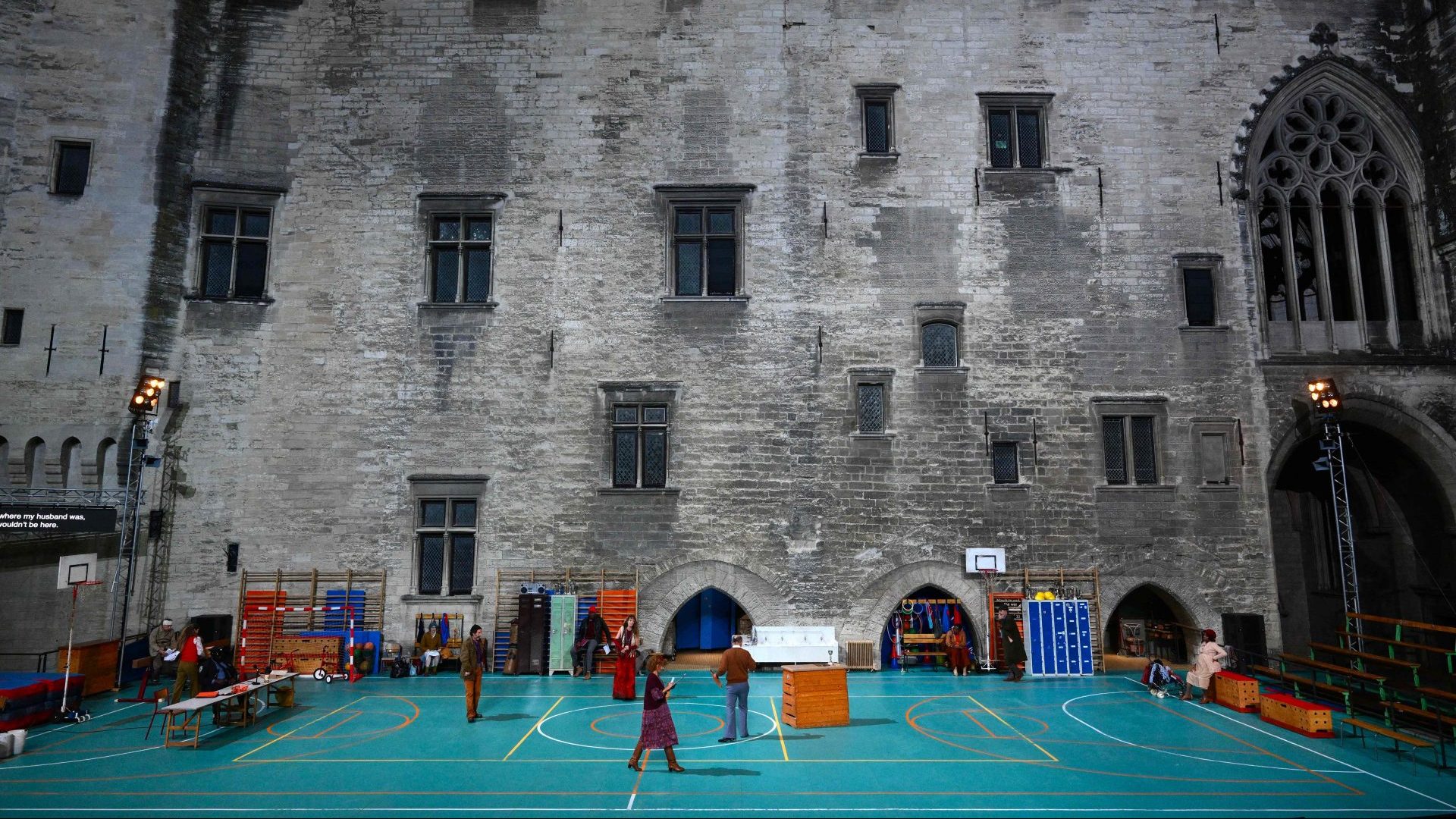The doors of the Palais de Rumine, in Lausanne, are firmly shut. Metal barriers are lined up outside, as if to protect it from rioters. On the banks of Lac Léman, the Beau Rivage hotel is quiet. The people drinking at the nearby Château d’Ouchy are oblivious to the plaque on the wall above the bar, which marks the momentous events that took place here a century ago.
Here, in 1923, the Treaty of Lausanne was negotiated over seven gruelling months in the hotels and palaces of the lakeside Swiss city. Ernest Hemingway was among those reporting on the debates over the treaty, which defined and recognised the modern Turkish state as it emerged from the ashes of the collapsing Ottoman empire.
But in truth, I was not surprised by the lack of excitement. Earlier, I had been to the Lausanne History Museum and spoken to its director, Laurent Golay. His exhibition Frontières was an attempt to explain the treaty and the history that surrounded it. All he got was grief.
As we strolled through the exhibition – which includes still and video footage, documentation, extensive timelines, objects and art – he said the Palais de Rumine, where it was signed, was closed for the anniversary, “because they don’t want any trouble.”
I ask “from whom?” He shrugs. Apparently a lot of people still hate the treaty – and many others are afraid of the haters. One of the effects of the Treaty of Lausanne was to crush any dreams of a homeland for Turkey’s Armenian and Kurdish minorities.
There have been Kurdish demonstrations in Lausanne this summer. Kurds interviewed for the exhibition said: “We don’t accept that treaty.” Armenian grievances originate from the 1915 mass killing of their people under the Ottomans. Switzerland and several others recognise this as a genocide, despite Turkish objections.
There have also been objections from Ankara. Golay sighed as he described the angry letters he received from the Turkish consulate demanding the word “genocide” be replaced with “events” in one of the displays, and that all mention of the armed Kurdish separatist group, the PKK, be scrapped.
In Turkey itself, there is even more anger at the memory of the treaty. Although Turks have normally been proud of the canny bargaining by their negotiators at Lausanne, the president, Recep Tayyip Erdoğan, has called Atatürk and his team “traitors”. In his view, they failed to reverse earlier territorial losses, including the oil-rich regions of Kirkuk and Mosul.
Golay takes me to a room of cartoons by the Hungarian duo Derso and Kelen, including one of an oversized British foreign secretary, Lord Curzon, and the diminutive Turkish negotiator, İsmet İnönü — whose tactics included turning off his hearing aid when Curzon attacked Turkey’s arguments.
One thing missing from the display was the physical treaty itself. Having it there might have helped to clarify all of those conflicting narratives spread by populists and conspiracy theorists. I ask Golay where the original treaty is.
He laughs, ruefully. “In Paris – the diplomatic archives. I have authorisation to show it, but the city of Lausanne decided it was too risky. It was a really sad decision.”




